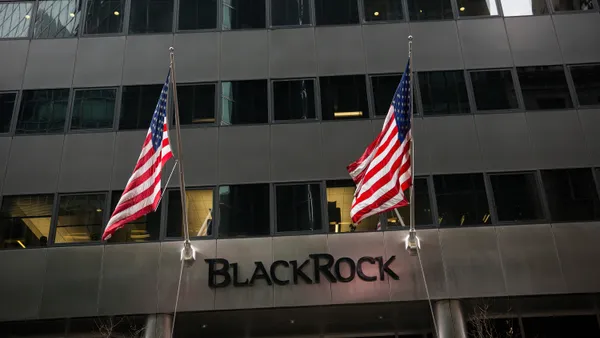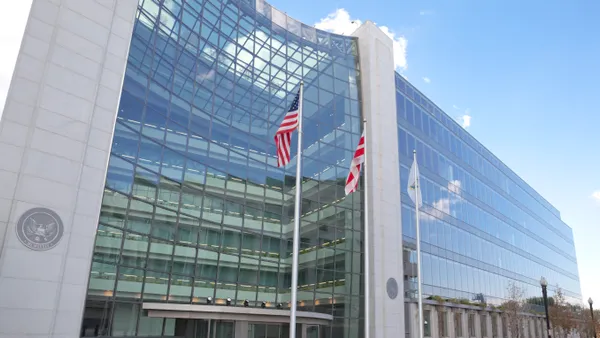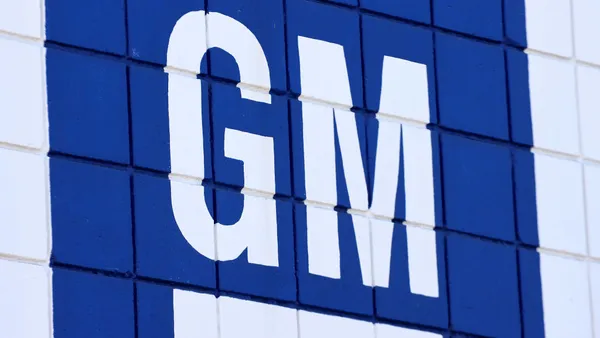The city of Cambridge, Massachusetts, has signed a virtual power purchase agreement with renewable developer MN8 Energy to buy power from the 135 MW Prairie Solar project in Illinois, marking the largest VPPA signed by a U.S. city and the first time a city will use one to offset residential carbon emissions, according to deal broker Sustainability Roundtable.
“The VPPA will generate approximately 113,000 MWh of clean energy via the Prairie Solar project,” Sustainability Roundtable said in a Tuesday release. “This generation is enough to cover the average annual energy consumption of more than 25,000 Cambridge homes, nearly half the city’s households.”
Cambridge will receive renewable energy certificates from the transaction, while the residents of Champaign County, Illinois, will receive clean power generated by Prairie Solar.
“With 120,000 residents in just 6.5 square miles, Cambridge cannot meet its electricity needs solely through renewable electricity sources within city limits,” said David Osborn, Sustainability Roundtable’s chief finance officer. Instead, the city chose to offset emissions by purchasing renewable energy in the southern Midcontinent Independent System Operator region, “where [it] could do the most good .... It enables [residents] to support clean energy, even if they can’t install solar panels on their roofs,” he said.
Due to the “greater carbon intensity” of Illinois electricity, the release said, the offtake is estimated to contribute around 2.6 times the emission reductions than it would have in Massachusetts. The MISO grid, “at only 32% low-carbon energy in 2023, is especially carbon intensive,” the release noted.
Osborn said that the VPPA could “absolutely” be used as a model for other cities, as Cambridge is only one of “many dense cities that require off-site clean energy procurement as part of its decarbonization strategy.”
“Hypothetically, municipalities could even partner on a VPPA 2.0 with other municipalities, an approach especially helpful to those with electricity loads too low for a solo offtake,” he said. VPPA 2.0 refers to Sustainability Roundtable’s buyer-organized “reverse auction approach [that] has developers present offers based on the buyer’s [letter of intent] term sheet.”
Osborn said elements of the deal that other cities might note include the size of the deal and the way it maximizes benefits by purchasing clean energy that will serve “one of the nation’s dirtiest grids.”
Julie Wormser, Cambridge’s chief climate officer, said in Sustainability Roundtable’s release that the agreement was a “monumental” step for the city as a climate leader.
“We’re showing that cities can bring tangible decarbonization and clean energy impacts to their residents and businesses through VPPAs,” she said. “Cambridge benefits by decreasing our carbon footprint, and Illinois residents get cleaner air to breathe.”













